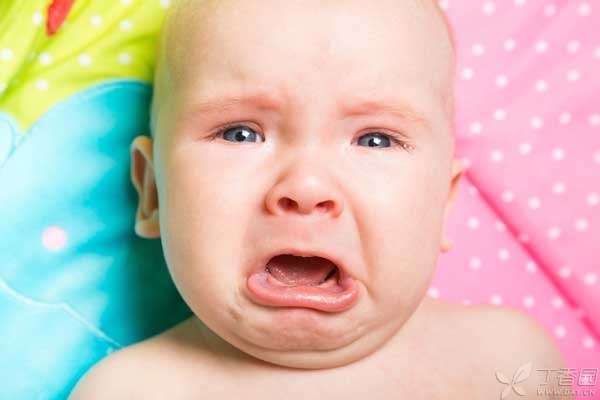
Some nursing mothers eat very casually and may not even notice that your baby will have a sense of resistance to your milk when feeding after eating certain foods.
In fact, as long as mothers pay more attention, they will find out which foods they eat will cause their babies not to like their own [food rations].
If you suspect that it is caused by some kind of food, you can try to stay away from this kind of food for a few days and then eat it again to confirm your guess.
Some foods that may change the taste of breast milk
Through experience summary, breast-feeding mothers found that their babies least like their mothers to eat the following foods:
- Chocolate; Spices, such as cinnamon, garlic, curry powder, chili flour, etc.; Citrus fruits and juices, such as oranges, lemons, lime, grapefruit, etc.; Strawberry; Kiwi fruit; Pineapple; Vegetables with heavy flavors: onion, cabbage, garlic, cauliflower, broccoli, cucumber, pepper; Fruits that relieve constipation, such as cherries and prune.
Eat less caffeinated food
Breastfeeding mothers can drink one or two cups of coffee a day, but if they eat too much caffeine, the baby’s sleep quality will also be affected and they may cry incessantly.
It should be noted that not only coffee, but also some soda water, tea and over-the-counter drugs contain caffeine.

Alcoholic foods are not recommended
Breastfeeding mothers are not recommended to drink alcoholic beverages.
Alcohol can lead to a decrease in the amount of breast milk. Moreover, the baby’s liver function is not strong enough, and its ability to degrade alcohol is very weak, which makes it easy to accumulate poisoning.
Although there is no clear value on how many cocktail parties are harmful to the safety of babies, not drinking alcoholic beverages is the safest choice.
After drinking alcohol, the alcohol concentration in blood and milk will peak in 30-90 minutes and gradually disappear with the passage of time. Generally speaking, it takes 2-3 hours for the human body to completely metabolize the alcohol contained in a tin of 5-degree beer, 150 mL of 11-degree red or white wine, and 45 mL of 40-degree spirits.
If nursing mothers have to drink a few cups for special occasions, they need more time to wait for the alcohol concentration in the milk to disappear. Alternatively, mothers can choose to nurse before drinking.
But then again, drinking is still not recommended during lactation. Including the so-called lactagogue [Yuezi wine], which is called by traditional customs in some areas of our country, is also unsafe.
Don’t eat food that will cause baby allergy.
Allergic symptoms of a baby, such as eczema, irritability, crying, congestion and diarrhea, are usually related to things he comes into daily contact with, such as soap, mold in the environment or things he eats.
Of course, it is also possible that the food eaten by the mother causes the baby’s allergy through milk.
If the problem is caused by the food the mother eats, it is usually the food she eats 2-6 hours before feeding. The most common food is milk products, followed by soybeans, wheat, eggs, nuts, corn and corn syrup.
However, breast-feeding mothers lack the intake of specific foods for a long time, such as not eating any dairy products, which may cause nutritional imbalance.
If you are worried that eating certain foods will cause allergy to your baby, it is best to communicate with your pediatrician and consult your doctor or nutritionist to change to an alternative food or take nutritional supplements before stopping eating.
Editor: Chuyang
Author: Haitang
